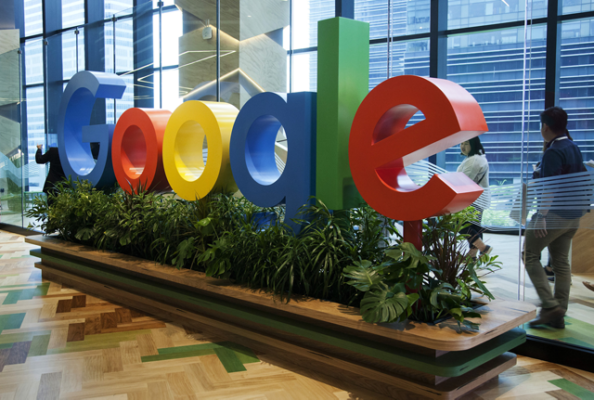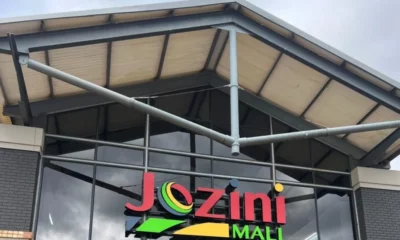411
Google Slams South Africa’s Proposed Digital Ad Tax as Irrational and Illegal

Google has fired back at South Africa’s Competition Commission, calling its threat to impose a 5%-10% tax on advertising revenue “irrational, unconstitutional and unlawful.”
The tech giant’s response comes after the Commission published a redacted version of its preliminary findings from the Media and Digital Platforms Market Inquiry launched in 2023. The inquiry was initiated to assess the growing imbalance between global digital platforms and South Africa’s struggling news media sector.
Over the past decade, traditional media outlets in South Africa have been steadily losing ground as readers shift online. Platforms like Google, Facebook, TikTok, and X have become dominant gateways to news, while advertising revenue has followed the audience—leaving newsrooms to shrink, journalists to face job insecurity, and local titles to close.
In February, the Commission proposed that digital platforms should compensate for this by directing between R300 million and R500 million to local news publishers over three years—or face a hefty advertising turnover tax of up to 10%.
But Google argues the Commission has overstepped its legal bounds. It says the proposed tax is “unfair, unreasonable, and impractical,” and that such sweeping regulatory remedies fall outside the scope of South Africa’s Competition Act.
“The Commission seeks to divert the course of technological development to shield South African news publishers from change,” Google said in its submission.
The company emphasized that the decline in local journalism is due to broader changes in consumer habits, not any specific wrongdoing by Google. It also warned that taxing advertising revenue—most of which is generated outside the news sector—could harm unrelated South African businesses and violate international trade law.
Furthermore, Google revealed that news-related searches only accounted for 0.95% of all South African searches in 2023, with those clicks generating around R18 million in ad revenue. It even tested what would happen if news content was removed from search results altogether—and found no significant financial impact.
A Wider Debate on Regulation
Google wasn’t alone in responding to the findings. The inquiry noted deep divisions between media, business, labour, and government stakeholders. While there’s broad consensus that South Africa’s media ecosystem needs support, there’s little agreement on how far regulation should go or who should foot the bill.
The inquiry’s recommendations also include:
-
Algorithm changes to give local news priority
-
Revenue-sharing mechanisms
-
Bans on self-preferencing in news discovery
-
Broader regulatory oversight of ad tech and data sharing
However, Google contends that forced subsidies and artificial content prioritisation will not lead to a sustainable future for journalism. Instead, it advocates for innovation and capacity building in the news sector to adapt to digital realities.
The final version of the Media and Digital Platforms Market Inquiry report is still pending. If implemented, the Competition Commission’s recommendations would reshape how global tech giants engage with South African content creators—and could set a precedent for similar moves in other markets.
But for now, Google is standing firm. The company maintains it supports journalism, but not through coercion or what it views as “outsized” and legally questionable demands.
{Source: BusinessTech}
Follow Joburg ETC on Facebook, Twitter , TikTok and Instagram
For more News in Johannesburg, visit joburgetc.com



























